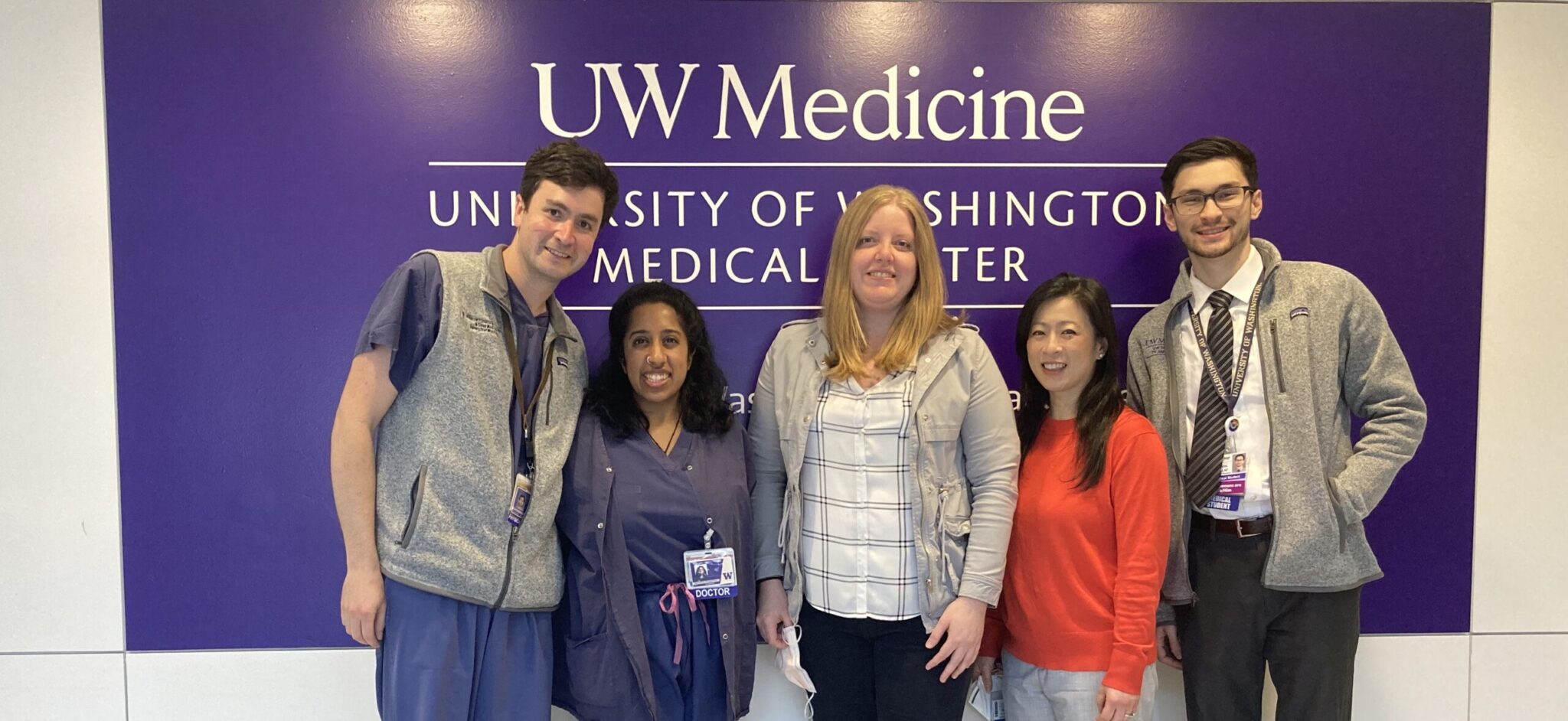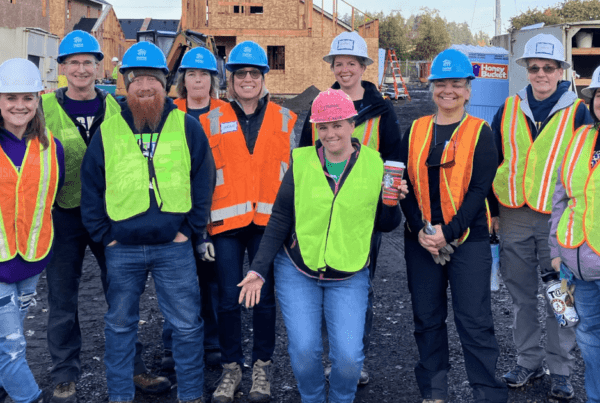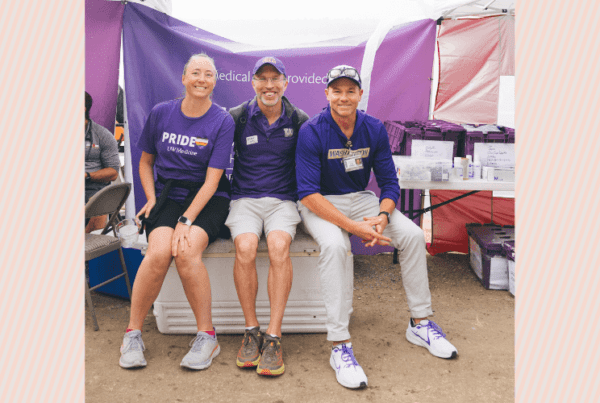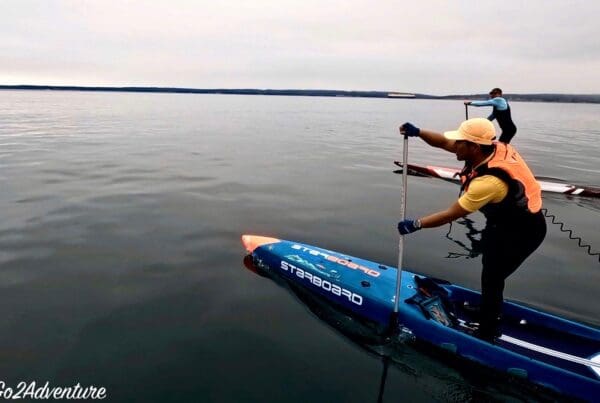Maheetha Bharadwaj and musical volunteering have a long history. For as long as she can remember, incorporating music into therapy has been essential to her volunteering. From working with an organization in high school to playing music in nursing homes, to starting the Stanford Music and Medicine program in college to volunteer at homeless shelters, nursing homes and hospital lobbies, using music as a means of healing has become an integral part of her advocacy in medicine.
During her time at Harvard Medical School, Bharadwaj and a few of her colleagues started the Virtual Bedside Concerts program during the start of the COVID-19 pandemic to help give emotional support to patients who couldn’t have visitors. The program helped bring music to the bedside virtually.
“I distinctly remember the first time I volunteered,” says Bharadwaj. “It was for a family whose loved one was transitioned to comfort care because of COVID-19. The Zoom call had family members from various time zones and they were all sharing stories of their uncle while they could see him and listen to music. I personally learned so much about this patient, things I’d have never known even if I were an intern on the floor taking care of this patient. It was an eye-opening and rewarding moment for me, and I heard from the attending of that patient that the family really appreciated the moment.”
Today, Bharadwaj is at UW Medicine as a urology resident, where she knew she wanted to continue the thriving Virtual Bedside Concerts endeavor.
Orchestrating the Virtual Bedside Concerts program
Bharadwaj partnered with UW School of Medicine students Jorie Wittig and Nevin Kalaf to build the program. In August 2022, they began planning. By September 2022, Matthew Smith, a physician assistant at UW Medical Center and a teaching associate in the UW School of Medicine Division of Pulmonary, Critical Care and Sleep Medicine, was also on board as the faculty advisor for the group.
Wittig and Kalaf have organized a volunteer group of 11 medical students and one resident to assist with the program. They are looking to expand beyond the School of Medicine community to recruit undergraduates and local music groups.
Wittig explains that musicians are instructed to prepare enough material to play for an hour during each concert.
“Deciding who and how many people get concerts has been one of the trickier logistical components that wouldn’t be possible without our wonderful coordinators on the floor, Matthew Smith and recreational therapist Christie Martin,” says Wittig. “We have primarily been offering one-on-one concerts and asking our floor coordinators to help us identify which patients would be good candidates for a concert and then signing up that patient through an online form.”
More recently, the program has been offering group concerts, which are a bit less structured and any patient on the floor interested in listening to a concert is invited to join the Zoom call at the time of the concert.
“We are also working with the 3 Wishes Project, developed by Matthew Smith, to fulfill requests made by patients receiving end-of-life care,” says Kalaf. “Any volunteer can sign up to perform a concert once they’ve gone through the volunteer onboarding.”
Bharadwaj highlights the variety of music played during a concert, which usually depends on what the patient likes.
“I try to tailor my repertoire to the patient, but most of the time, I have a few songs from each era in my mind to play — ’60s, ’70s, ’80s and ’90s,” says Bharadwaj. “I take requests, too — I was actually surprised during my most recent volunteer experience, a 60-ish-year-old gentleman wanted me to play Lady Gaga’s ‘Poker Face.’ I never thought that someone in that generation would want to hear that song, but I played it, and he loved it.”
Wittig notes that most of the musicians who volunteer sing or play piano or guitar, but they also have some violinists, bassists and drummers in their mix.
Building memories for patients and volunteers
The Virtual Bedside Concerts program has proven not only to be a transformational experience for the patients but also for the volunteers themselves.
“So far, each concert has been memorable in its own way,” says Kalaf. “There’s always a conversation between pieces, and I love hearing about what makes a song meaningful to a patient. In one previous concert, we played music from Disney’s ‘The Lion King,’ which had been a soundtrack the patient had known for many years and had brought memories of them with their family and children.”
With the students and residents who volunteer in the program, music has always been an integral part of their lives. Using music as part of the healing process is an experience they will treasure moving forward.
“Before starting medical school, I spent several years volunteering as a musician in hospice centers and witnessed firsthand the role that music has in bringing peace and healing to patients and families,” says Wittig. “This experience is part of what motivated me to put in the groundwork to start Virtual Bedside Concerts at UW Medicine so that myself and other medical students could enter this space of vulnerability with patients. I love navigating the places where medicine and humanity intersect. I hope that when I’m eventually an attending, I can continue to share my joy and passion for music with students.”
Kalaf, also a lifelong music lover, echoes Wittig’s statements while highlighting the power of community that music can have.
“Music has always been a part of my life, and I treasure its ability to foster connections and meet with others from all backgrounds and musical interests,” says Kalaf. “Building Virtual Bedside Concerts has been a meaningful way to embrace this humanity in the setting of patient care. Following medical school, I hope to continue serving patients in this capacity and share happiness at this intersection of music and patient care.”
Additionally, the experience has been a great teacher in bedside manner and patient care.
“I think the largest lesson I learned about the power of music through this experience is that music brings us together and music heals,” says Bharadwaj. “The other thing that this has taught me about patient care is that music therapy is something I can add to any patient’s holistic care. It’s so easy, especially when one specializes, to be laser-focused on your aspect of care. This is a reminder to pay attention to the holistic aspects of a patient’s care.”
The future of Virtual Bedside Concerts
Bharadwaj says that hopefully, in the future, the program will have enough volunteers and requests that, eventually, anyone receiving care at UW Medical Center can request a concert. The goal is to have the bandwidth to arrange it.
“We’d also love to make this an official volunteer program within UW Medicine — it’s currently a student group — and also potentially bring this to our other hospitals,” says Bharadwaj.
Wittig shares that the beauty of the virtual platform is that its musicians can meet with patients from anywhere. As they expand their volunteer base beyond medical students, they’re optimistic they can increase their availability and offer more concerts by request.
Finally, Kalaf notes that they are expanding their volunteer base to maintain two weekly concerts — Saturday and Sunday.
Overall, the Virtual Bedside Concert program is a phenomenal volunteer opportunity and an inspirational, vulnerable and unique approach to patient care and patient advocacy. As the program continues to grow, you can expect more stories on how music connects our patients with their healthcare team, their family, and most importantly, with themselves.
“Through the leadership of Jorie, Nevin and Maheetha, Virtual Bedside Concerts has helped ease the heaviness of feeling isolated in the hospital,” Smith says. “It has brought joy and peace to patients, loved ones and healthcare team members.”
For those wanting to become involved in the Virtual Bedside Concerts program, reach out directly to the program’s email, or send a message to Jorie Wittig or Nevin Kalaf.



